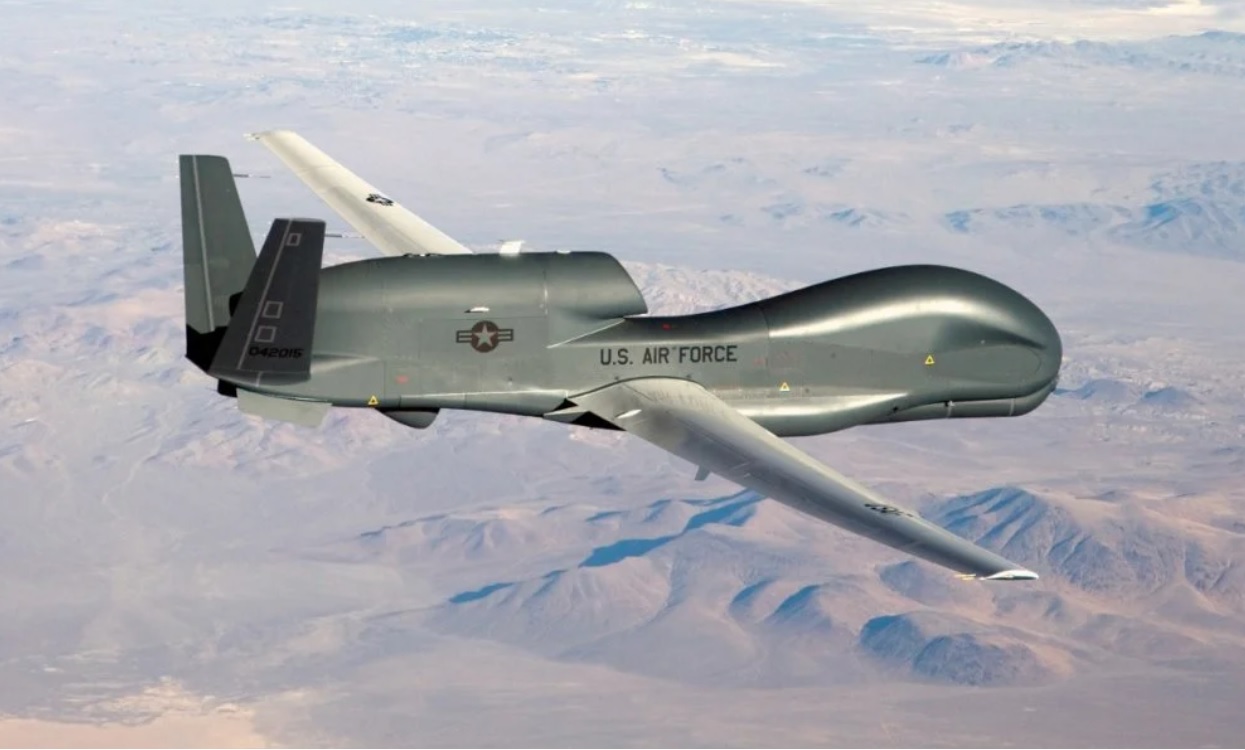According Avi Goldfarb and Jon Lindsay
Excitement and fear of artificial intelligence (AI) have accumulated over the years. Many believe that AI can change the war as profoundly as business. More and more literature is emerging about the AI revolution in the war, and even Henry Kissinger has expressed his views on the "AI era and our human future."
Governments around the world seem to agree. China's AI development plan states that "AI has become a new direction in international competition" and "is a strategic technology that will lead in the future." The US National Security AI Commission warns that "AI exacerbates the threat posed by cyberattacks and disinformation campaigns that Russia, China and others use to infiltrate our society, steal our data and interfere in our democracy." China and the United States are vying for superiority in artificial intelligence, and both are investing huge sums of money in deadly autonomous weapons to gain an edge in the great powers' competition.
Scientists expect countries to use AI to increase military efficiency and limit their domestic spending. Military artificial intelligence systems will be able to feel, react and move faster than humans. Speed and lethality will contribute to anticipation, leading to the failure of strategic deterrence. Taken to the extreme, the supermind can completely destroy humanity.
These alarming scenarios suggest that AI can and will replace human warriors. However, the literature on the economics of technology shows that this assumption is wrong. Technologies that replace some human tasks usually create demand for other tasks. In general, the economic impact of technology is determined by its additions. This suggests that AI additions may have a greater impact on international politics than AI technology itself.
Although decision-making in military and commercial organizations is similar, they operate in completely different circumstances. Commercial organizations benefit from the institutional environment and common standards. Military systems, on the other hand, operate in a more anarchic and unpredictable environment. It is easier to accomplish tasks with quality data and clear judgments in peacetime trade than in fierce combat.
An important consequence of this is that military organizations that rely on AI will become increasingly complex. The military investing in AI will be concerned about the quality of their data and judgments, as well as the ways in which teams of people and machines make decisions. Junior personnel will have more responsibility for managing the coordination of AI systems and military objectives. Thus, the assessment of the relative power of armed forces with artificial intelligence will depend on the quality of their human capital and managerial choice.
Everything that is a source of strength in war also becomes an attractive target. Opponents of armed forces with artificial intelligence will have more incentives to focus on data quality and consistency of judgment. As AI allows organizations to act more effectively, they will have to invest more in coordinating and protecting everything they do. We expect that instead of making military operations faster and more decisive, the resulting organizational and strategic difficulties will lead to even greater delays and confusion.
In the ongoing hostilities in Ukraine, conventional forces are fighting fierce battles for control of the territory, and the conflict can teach important lessons about the use of AI in war. Many AI applications already play a supporting role there. Ukraine dominates the information war, as social media platforms, news feeds, media and even reviews of Russian restaurants broadcast news about the suffering and heroism of Ukrainians. Financial analysts use AI to assess the effects of economic sanctions on Russia to make them more effective or, conversely, to protect capital from them.
While futuristic views on AI focus on direct application on the battlefield, AI may ultimately play a more important role in the indirect economic and informational context of war. It is foolish to expect that the same conditions that allowed AI to succeed in commerce will be reproduced in war. Wartime conditions, high uncertainty, unforeseen shocks and political disputes will tend to undermine the key benefits of AI, such as reliable data and clear judgment.
Read also:
Anthony Blinken and Lloyd Austin held talks with Volodymyr Zelensky in Kyiv
China supports all efforts that can ensure a ceasefire in Ukraine


